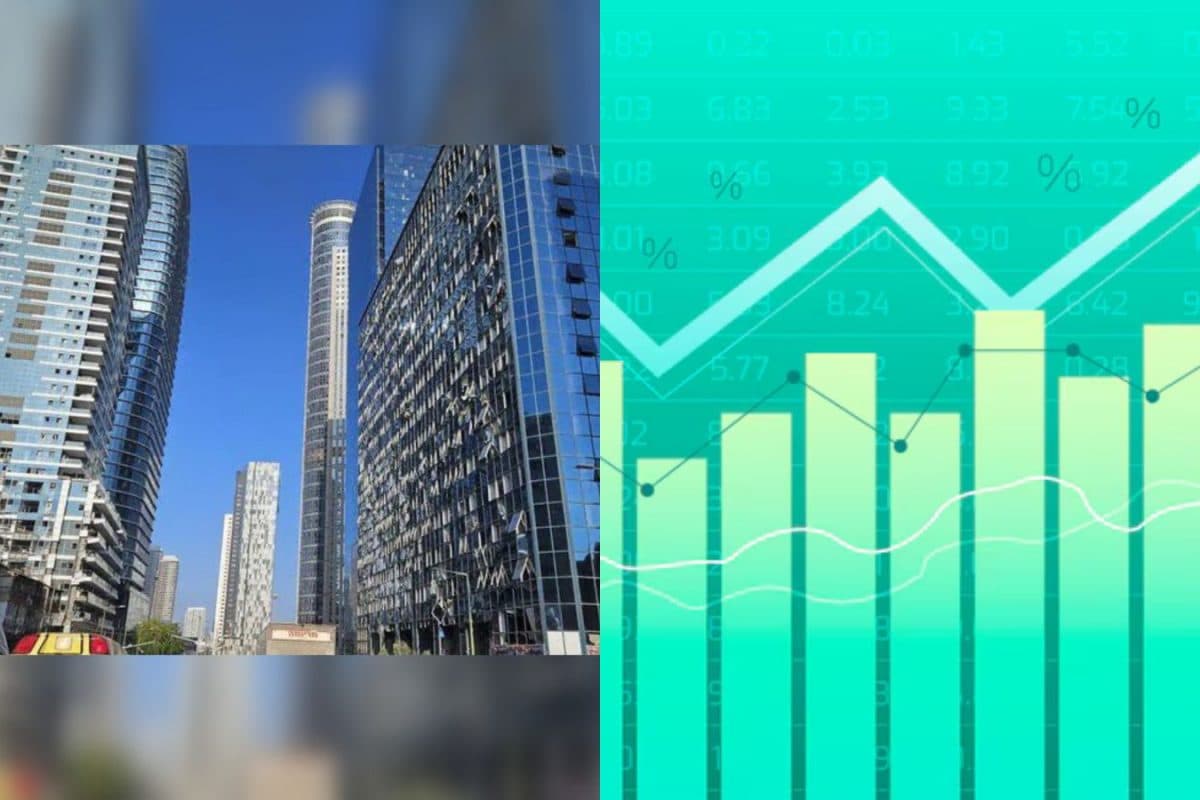

The Tel Aviv Stock Exchange (TASE) has experienced a significant surge, with shares rallying as much as 4% to reach record highs amidst escalating tensions in the Middle East, specifically U.S. strikes on Iran. This performance defies conventional expectations, as geopolitical instability often leads to market downturns.
Several factors have contributed to this unexpected rally. The immediate catalyst appears to be the U.S. military intervention in the conflict between Israel and Iran. On June 22, 2025, American warplanes bombed three nuclear sites in Iran. This action, according to Mizrahi Tefahot Bank chief markets economist Ronen Menachem, is a "game changer" for the region. He believes that the U.S. involvement has introduced a new dimension to the conflict, potentially broadening it and involving other countries.
Despite the inherent risks, investors seem to perceive the U.S. intervention as a positive development. The Tel Aviv Stock Exchange opened higher on Sunday, June 22, in the immediate aftermath of the U.S. strikes. The TA-35 index was up by a further 1.09% that morning, adding to gains from the previous week. The TA-125 index also jumped 1.6%. This bullish sentiment reflects a sense of relief and optimism that the conflict might be contained or resolved more swiftly with U.S. involvement.
In the days leading up to the U.S. strikes, the TASE had already demonstrated remarkable resilience. Even with constant Israeli strikes at targets in Iran and retaliatory Iranian missile attacks on Israel, the stock market rose strongly, closing ahead in all five sessions of the previous week. Altogether, the Tel Aviv 35 Index rose by 5% last week, and the Tel Aviv 90 Index by 7.6%. This defied expectations, as an Iranian missile even struck the Tel Aviv Stock Exchange building on June 19, causing damage.
Several analysts suggest that the market's positive response is driven by a combination of factors beyond just the U.S. intervention. Optimism stems from unprecedented achievements by the Israel Defense Forces (IDF), Mossad, and other security services, implying that the conflict could be short-lived and end in a decisive Israeli victory. Growing speculation about a possible breakthrough in hostage negotiations and increasing optimism over a potential normalization deal with Saudi Arabia also contribute to positive sentiment.
Since October 7, 2023, when the conflict between Israel and Hamas intensified, the TASE has shown a surprising upward trend. From October 8, 2023, to June 19, 2025, the TASE-IL index skyrocketed by at least 218.84%. This indicates a strong and sustained buying sentiment despite the ongoing geopolitical tensions. The Israeli stock exchange's flagship index TA 125 has been in an uptrend since the inception of the war between Iran and Israel on June 13, gaining 5% during this period.
While the overall market sentiment is bullish, some sectors are leading the rally. Real estate, infrastructure, energy, and insurance stocks are attracting the most buyer interest. Investors are betting on post-war economic growth, renewed foreign investment, reduced risk premiums, a stronger shekel, a lower dollar exchange rate and potential interest rate cuts later this year.
Despite the positive market response, some analysts caution against excessive optimism. Ronen Menachem emphasizes that Israel and the world are entering a short, tense period in which Iran's reaction will become clear. Iran and its proxies could attack U.S. bases in the region or take other action. The situation remains fluid, and the possibility of a broader regional conflict looms.
The surge in the Tel Aviv Stock Exchange amidst U.S. strikes on Iran reflects a complex interplay of factors. While geopolitical tensions typically dampen market sentiment, investors seem to be betting on a swift resolution to the conflict and a potential reshaping of the region that favors Israel. However, the situation remains volatile, and the market's positive trajectory hinges on how Iran and other regional actors respond to the evolving dynamics.